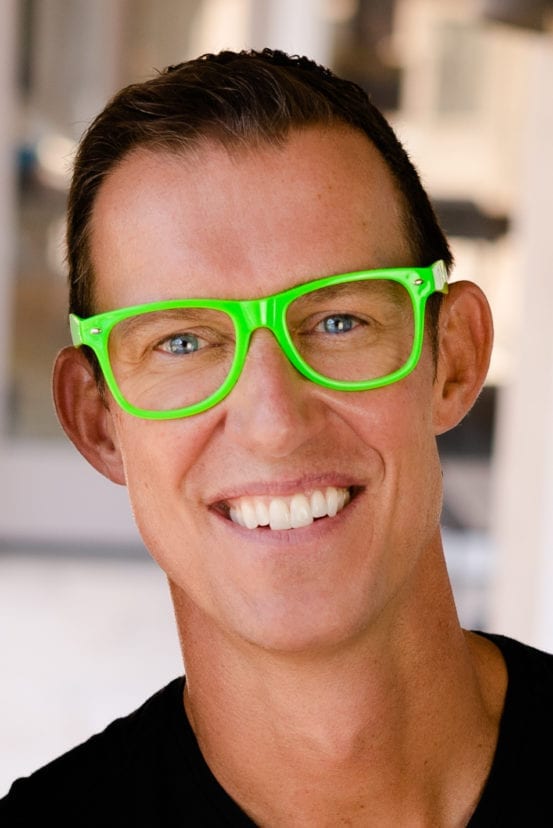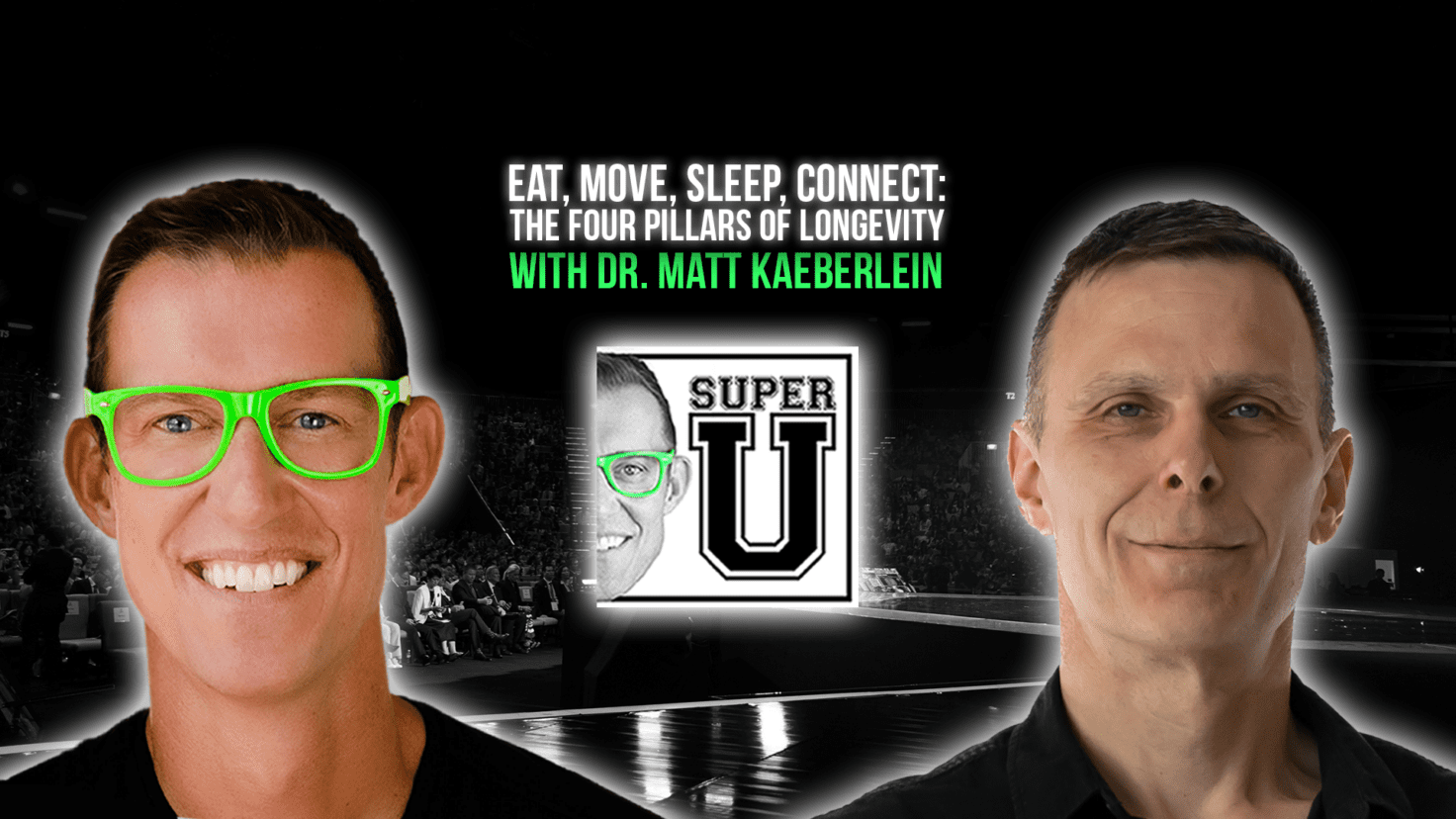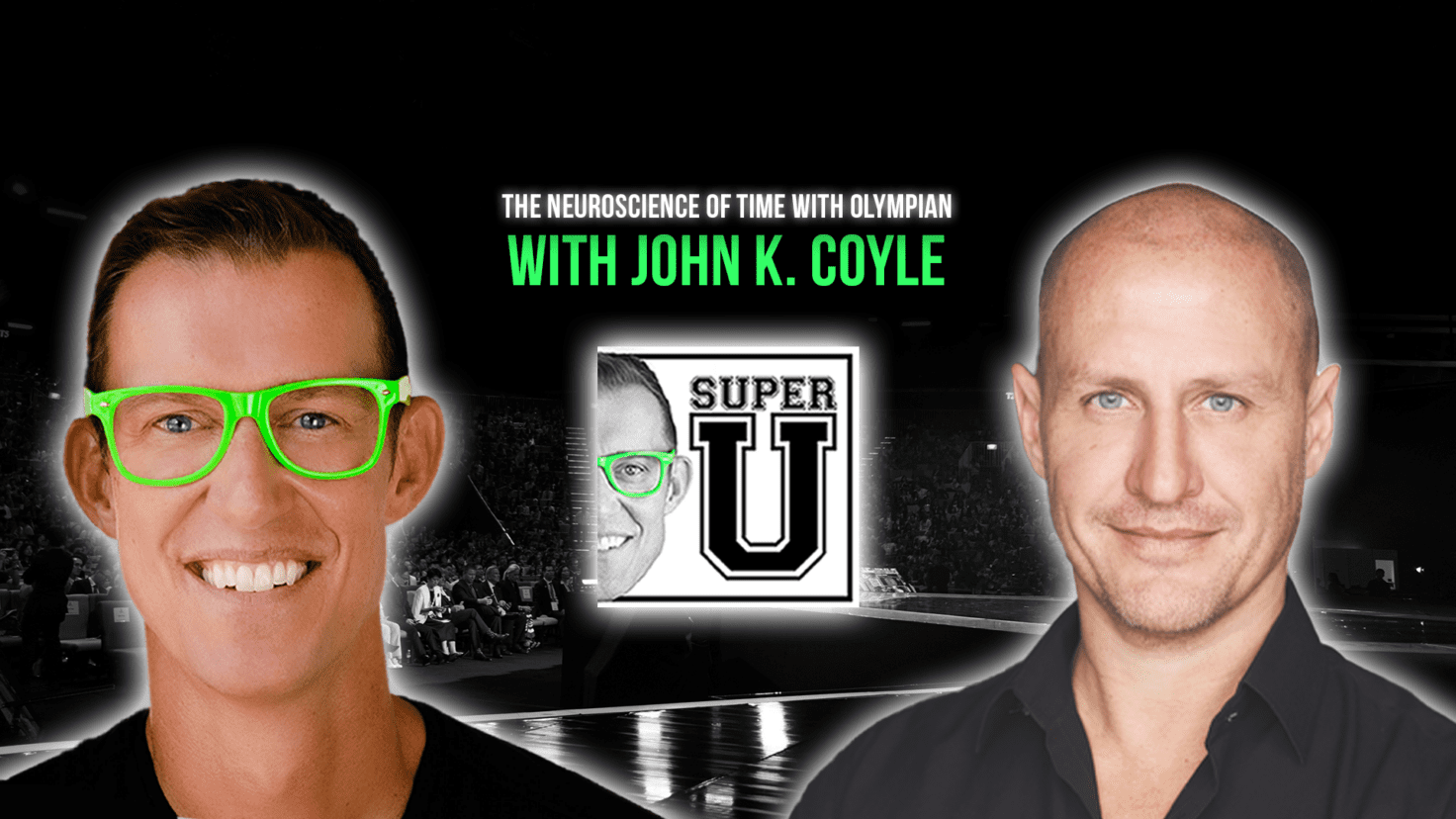Women Deserve Better with Allyson Felix
Today, you’ll be hearing from the most decorated female track and field athlete in Olympic history, Allyson Felix. Felix has earned 11 Olympic and 20 World Championship medals. Despite her success, she was forced to make a choice between her career and her family when her longtime sponsor, Nike, offered her a 70% pay cut after she became pregnant. In June 2021, two years after she publicized her contract dispute with Nike, Felix launched her own footwear company, Saysh. In this episode, Felix offers tips on the importance of consistency, standing up for yourself, knowing your worth, redefining your identity, and much more.
Need a sneak peek? Below are the main takeaways from the episode.
Women Deserve Better with Allyson Felix
Tip #1
“I think in the moments that you think are going to be everything and at the ultimate top and the goal that you always had doesn’t necessarily feel like what you thought, my third Olympics, I finally win the 200 meters, those first two Olympics, you know, silver medals, I get to that third Olympics, and I’m like, Okay, I’ve done it. Like I finally put it together, I got that gold medal. And I remember feeling I think that motion I felt more than anything was a relief. It was like, okay, that weight is off of my shoulders. Like I finally did the things that I hadn’t done yet. And obviously, like, I’m happy, I’m joyful and all of that, but I had built it up to be so much that I just didn’t live I thought my life was going to just be completely different. And I remember coming home from London and you know, amazing cool things are happening but pretty much like everything is the same like you move on to the next thing and you’re with yourself and I think that it took time to unpack But that was the moment where I really understood, like, it’s about so much more than the track stuff. Like, there’s got to be more to it than that. And so I think, in the moments where you have everything, you know, it’s that there’s more purpose there, you know that there’s a bigger reason for it. And to me, the crazy thing is, like, when it was the disappointment, I felt that you know, that I felt like that was a 10 misstating feeling, but when it was the success, it didn’t feel as I thought it should feel. And I think, you know, every person is different. But I think oftentimes, people who have success feel that way, you know, and you have to unpack what that is for you. And for me, it’s like, it’s the journey also, you know, it’s this process, like, that’s where the magic happens, like along the way. And I was able to kind of look back and say, like, oh, wow, like, I’ve had this amazing road to get to this process. And that’s where I became like, the person that I wanted to be like, that was the beautiful part of it. Like this was just the end result. But I think there’s something about embracing those ups and downs. And for me the silver medals along the way, that, you know, that’s a huge part of it.”
Tip #2
“I would say, probably the second silver medal that I got in Beijing, I was the favorite. I felt like everything was coming together and got another silver medal. So the same person and it just seemed like, it wasn’t an injury or anything, but it was just this huge moment where it was like, Do you really want to do this? You know, you’ve given so much of your life to it, you’ve gotten the same result? Is that ever gonna come together for you? So I would say that was kind of like a huge defining moment in my career, I took time out. And that’s where we were talking about before about family. And yeah, my family kind of stepped in and encouraged me, Coach and friends and people just saying, like, you know, that they believed in me, and that I should keep going with it. And I think because of all that, we just kind of figured out, okay, what can we change in training? What can we like? What are all the things that we can do better, it was definitely a team effort. And that’s where I felt like, I also went from being that I was trying to take on everything myself to, okay, I have these people who are like, on this team with me aren’t going to help me. And that’s also when I switched to working with my brother as my manager. And he kind of just took all that on himself and was like, Okay, I’m gonna put this team of people together, all you have to do is train, that’s all you have to focus on. And we’ll figure out the rest. And I think that really, really helped me as well.”
Tip #3
“For me, when I first started, you know, that first Olympic team, it’s like, everything is exciting, it’s new. And there’s not too many expectations, right? Like no one really has, thinks they’re gonna win, you know, any of that. And so that was fun, you know, when you’re on the scene, you know, taking names, like making a splash and everything, and then you, you know, you’re around for a while, and everyone is coming after you, you know, every single race is the race that they’re gunning for. And I think, for me, that consistency is much more difficult than you know, that first, your first step on the scene in that first team. And so, for me, it was, you know, saying that I’m not going to compromise anything, you know, I’m still going to do everything that I did at day one. And that’s hard, you know, once you’re eight years in 12 years in to have that same passion and drive and motivation. So I would definitely say, you know, keeping at that level and maintaining it when everyone is coming after you was the more challenging thing than just stepping on the scene at the beginning.”
Tip #4
“One of the scariest moments of my career started on a dark October morning and 2018 I’m a professional athlete, and my training schedule can be a lot, six days a week, five hours a day, it’s intense. Still, I never trained that early. But on this day, a special type of fear brought me out at 4 am before the sun, a fear that someone might discover a secret I’ve been keeping. I was six months pregnant. I was pregnant, and I was scared enough to train in the dark so that no one would see the life that was growing inside of me. I fear that if a fan or someone posted a photo, my sponsor would immediately change their mind about wanting to work with me. I fear that I would be forced to choose between motherhood and being a competitive athlete. I feared that the career I worked so hard to build would disappear, just like that. Getting pregnant and track and field has been called the kiss of death. And it comes with a lot of fear. Just like for women in many professions. I have been watching women that I respect and teammates of mine, hi, pregnancies since I was 19 years old. I’ve seen women have to make gut-wrenching decisions, like deciding whether to recover their health or return to the sport. My mind was racing with the consequences of my decision to start a family. I had already been going through a difficult renegotiation period with Nike. And they were already offering 70% less than what I had previously been making. And that was even before they knew about the baby. Don’t even get me started with the ageism that is embedded in the capitalist story. So when I told them about my pregnancy, I asked for a clause in the contract that specified they wouldn’t reduce my pay within 12 months of giving birth. They said yes. But I knew there was going to be a bet, right? But it was only a yes for me. They weren’t ready to offer that same protection for all female athletes, they weren’t ready to set the precedent. A couple of days later, my agent called me, Nike wanted to use me in a commercial for the Women’s World Cup. I couldn’t believe it. Nike wanted to use me to tell women and girls that they could do anything. Even though the contract before me said the exact opposite. I knew what I had to do. I knew I had to leave. I knew I was afraid. But I did it anyway. Because women have babies, and these children don’t disappear. When the races begin. I made it back to the Olympics. Two years after giving birth, I won a Gold and a Bronze and I became the most decorated American track and field athlete of all time, all while my daughter was watching. I was running for so much more than for metals, or for a time on the track. I was running as a representation for women and for mothers. And for anybody who had been told that their story was over. I remember crossing that line in Tokyo and having such a sense of fulfillment.”
Tip #5
“When I still didn’t have a footwear sponsor, I was just so frustrated. And it was really a conversation with my brother where I was just venting to him. And I was just like, I am exhausted. You know, I feel like I’ve been fighting and fighting. I’ve been begging companies to see my worth and my value. And I just, it’s crazy. I’m like I’m trying to get a footwear sponsor to run in the Olympics. And I’ve been to four Olympics, I have six gold medals. And it just seems like I shouldn’t be in this place, and being. So, being an amazing big brother, we also work together and other capacities. But he was like, Well, what if we just did this ourselves? And I was like, I really I was like, Did you hear me? I’m tired of fighting, like, but then I was like, I started to just sit with it. And it was like, No, you’re right, like here is an opportunity that we can be the ones to create change, instead of asking somebody else to do it. And what we thought we were doing was creating shoes for me to run in the Olympics, and that maybe other women would want to, you know, stand with us. But what we learned is that shoes haven’t been made for women. And what that means is that a shoe is made off of Alaska, which is a mold of a foot and it’s been a man’s mold that’s used to make women’s sneakers. And I just thought that was crazy after being a runner for close to 20 years. That is why is that the case. So we set out to change that and say that we think that women deserve better There, we think that women shouldn’t be an afterthought. And so our shoes are designed to fit the form of the female foot. In my, you know, the journey of starting ceviche, there was a lot of fear. And there was a lot of doubt. And I think, because I didn’t come from a background where people were starting companies, there wasn’t like a blueprint of how to do that. And I think I had got in my way a lot. And I guess my encouragement is, sometimes you just have to go for it. And you have to start something. If you believe in it, if you’re passionate about it, you have to put that first foot out there and be vulnerable to put your thing out in the world. And so I guess my advice would be to go for it to start making those connections. And even if it’s small, you know, even if you start in a small way and continue to grow, I think sometimes the hardest part is just getting going.”
Tip #6
“Yeah, I think that’s the thing that I am the expert that you know, I’m, I always say like, you know, to be an Olympian, you have to be like, a little bit crazy, because you get an opportunity every four years, and for me to run for about 21 seconds, and you mess up, and you have to wait, you know, another four years for that opportunity. So for me, I almost I’ve always kind of looked at life in like four-year chunks, because that’s how my goal setting has always been, it’s like, okay, the long-term goal is, you know, four years down the line. Okay, let’s break it down. What am I doing this year? What am I doing this month? What am I doing this week? And how do I get there today? And so just really taking that mindset, you know, to this new venture, and really just, you know, relying on that skill set? And yes, in this world, it may be called something different. And it’s not that I don’t have that experience. And I don’t know, but I’m figuring out, you know, okay, okay, this is what this means here and really relying on that. So I feel like, for me, I know how to overcome, I know how to get through obstacles, like, that’s what I’ve done my entire life. And it’s just, you know, bringing that confidence to the team that the storm is going to come like we know that like in for me, it’s looked like injuries, it’s looked like losing sponsorships, you know, losing racist by hundreds of a second and dealing with major failure and disappointment on a massive stage. Like, I know how to deal with that disappointment and how to pick myself up. So it’s just bringing that to a new a new space. And so I feel like it’s, it’s, you know, really prepared me, but it’s just really, you know, finding that competence and understanding that I still have the skill set, and I’m still gonna put it to you. So it’s just, you know, kind of reframing what it looks like.”
Tip #7
“For me, I think I was losing it because I was listening to what the world was telling me like when Nike offered me the 70% and less think I got to this place where I was like, well, maybe that is what I’m we’re, you know, maybe it is beyond me. Maybe I’m not capable. I start feeding into these criticisms. And I’m not listening and remembering you know what I’ve done? What as you said, what I’ve put in, I’m starting to get distracted by other people talking who don’t know me who don’t know, my work ethic, and all those things that I started listening to it. But I think more than anything, it’s believing that my identity is a track runner, it’s believing that all I have to offer is running fast. And I think when I start pulling myself away from that, and I start saying, my value isn’t being a mother, my value is being a daughter or friend or a partner. That’s where I feel most fulfilled. And so I’m absolutely worth I have so much worth apart from what I do. And I think we have to break down those barriers of our thought process and what you know, I think constantly you know, you talk to people and the first question is like What do you do with like, that’s not who I am. And I, for me, it was coming back to who am I, you know, because I’m not just what I do.”
Connect with Allyson Felix:
Instagram: @allysonfelix
Twitter/X: @allysonfelix
Facebook: https://www.facebook.com/allysonfelixusa

To ensure you don’t miss future episodes, subscribe to our podcast by clicking here >> Super U Podcast. We hope these tips help unlock and unleash your inner superpower!
The Super U Podcast is hosted by #1 bestselling author and Motivational Speaker Erik Qualman.





